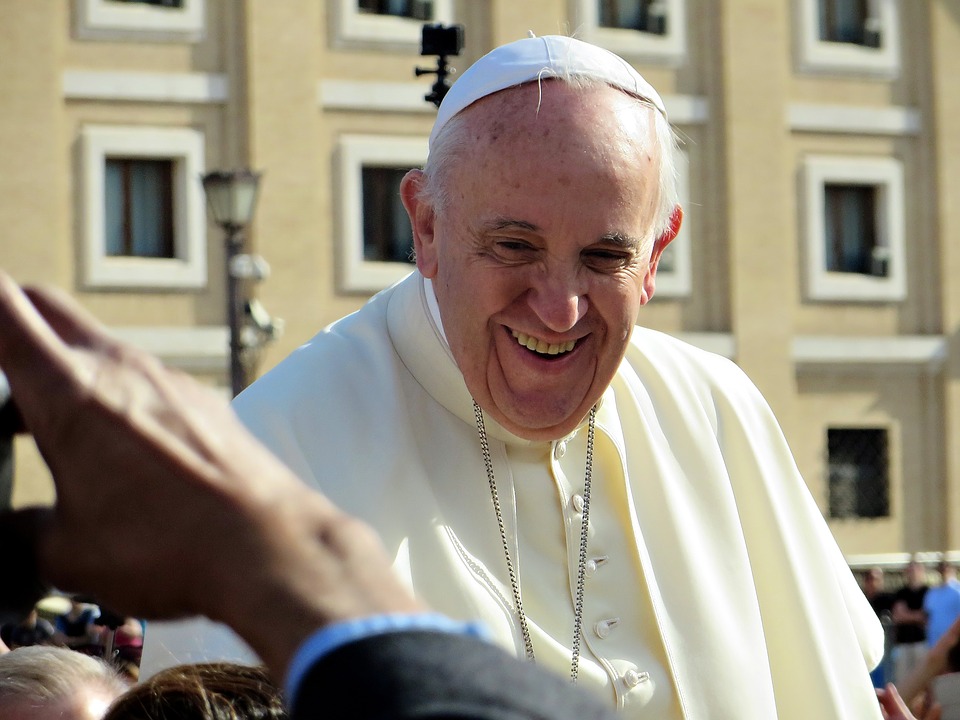 Photo: Pixabay, Creative Commons CC0
Photo: Pixabay, Creative Commons CC0 Pope Francis forcefully denounced an idolatrous culture based on money, highlighting consumption, a "culture of disposal," the rich-poor gap, and lack of financial ethics. The Catholic News Service reports:
Pope Francis called for global financial reform that respects human dignity, helps the poor, promotes the common good and allows states to regulate markets.
"Money has to serve, not to rule," he said in his strongest remarks yet as pope concerning the world's economic and financial crises.
A major reason behind the increase in social and economic woes worldwide "is in our relationship with money and our acceptance of its power over ourselves and our society," he told a group of diplomats May 16.
"We have created new idols" where the "golden calf of old has found a new and heartless image in the cult of money and the dictatorship of an economy which is faceless and lacking any truly humane goal."
...
In his 10-minute scripted speech to new ambassadors, the pope highlighted the root causes of today's economic and social troubles, pointing to policies and actions that stem from a "gravely deficient human perspective, which reduces man to one of his needs alone, namely, consumption."
"We have begun this culture of disposal," he said, where "human beings themselves are nowadays considered as consumer goods which can be used and thrown away."
The wealth of a minority "is increasing exponentially," while the income of the majority "is crumbling," he said.
This economic inequality is caused by "ideologies which uphold the absolute autonomy of markets and financial speculation, and thus deny the right of control to states, which are themselves charged with providing for the common good."
The lack of adequate economic regulation or oversight means "a new, invisible and at times virtual, tyranny is established, one which unilaterally and irremediably imposes its own laws and rules," he said.
Ethical principles and policies of solidarity are "often considered counterproductive, opposed to the logic of finance and economy," he said.
"Ethics, like solidarity, is a nuisance" and so they are rejected along with God, he added.
"These financiers, economists and politicians consider God to be unmanageable, even dangerous, because he calls man to his full realization and to independence from any kind of slavery."
Pope Francis called on the world's political and financial leaders to consider the words of St. John Chrysostom: "Not to share one's goods with the poor is to rob them and to deprive them of life. It is not our goods that we possess, but theirs."
The pope said he "loves everyone, rich and poor alike," but that as pope he "has the duty, in Christ's name, to remind the rich to help the poor, to respect them, to promote them."
He called for ethical financial reform that would "benefit everyone" and for the world of finance and economics to make people a priority and take into account the importance of ethics and solidarity.
Why shouldn't world leaders "turn to God to draw inspiration," the pope asked.
Looking to God and "his designs" would help create "a new political and economic mindset" that would bring economics and social concerns back together in a healthy and harmonious relationship, he said.
 RSS Feed
RSS Feed
